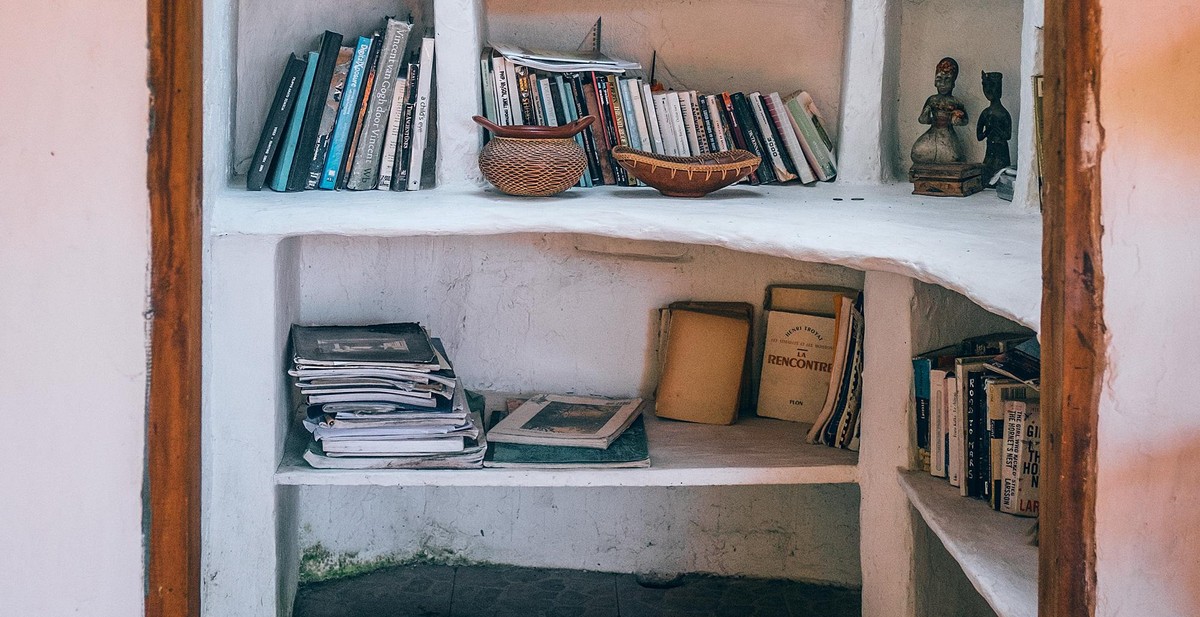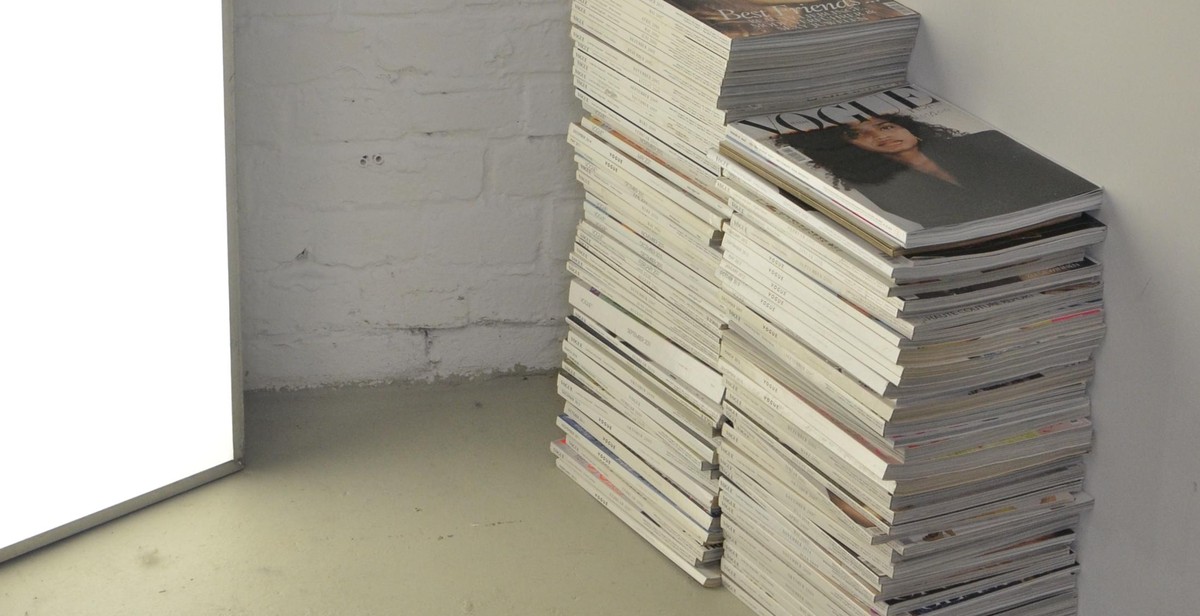How to Store and Preserve Rare Books: Tips for Protecting Valuable Literary Treasures
Rare books are not just valuable due to their content, but also because of their rarity. These literary treasures require special care and attention to ensure their longevity. Proper storage and preservation can prevent damage from environmental factors such as humidity, light, and pests.
Why is it important to store and preserve rare books?
Preserving rare books is crucial to maintain their historical and cultural significance. These books are often considered irreplaceable, and damage can result in the loss of valuable information and cultural heritage. Proper preservation also helps to maintain the value of the book, making it a more valuable investment for collectors.
What are some tips for storing and preserving rare books?
Here are some tips for storing and preserving rare books:
- Store books in a cool, dry, and dark environment, away from direct sunlight and sources of heat.
- Use acid-free and lignin-free materials for storage and handling, such as acid-free paper and boxes.
- Handle books with clean, dry hands and avoid touching the pages directly.
- Use bookends to support the books and prevent them from leaning or falling over.
- Regularly clean the storage area to prevent dust and dirt buildup.
By following these tips, you can help ensure the longevity and preservation of your rare books.

Why is Proper Storage Important?
Proper storage is essential for preserving rare books and protecting them from damage. Below are some reasons why:
Prevent Damage from Light
Exposure to light can cause irreversible damage to rare books. Ultraviolet (UV) rays from sunlight and fluorescent light can fade and discolor the pages and covers of books, making them less valuable. To prevent damage from light, store books in a dark, cool, and dry place. Avoid displaying them in direct sunlight or under bright lights. If you need to display a rare book, use UV-filtered glass or acrylic to protect it from light damage.
Protect from Temperature and Humidity Changes
Changes in temperature and humidity can also cause damage to rare books. High humidity can cause pages to wrinkle, stick together, or even mold. Low humidity can cause pages to become brittle and break. Rapid temperature changes can also cause the pages and covers to expand and contract, leading to damage. To protect rare books from temperature and humidity changes, store them in a room with a stable temperature and humidity level. Ideally, the temperature should be between 60-70°F (15-21°C) and the humidity level should be between 30-50%. Use a dehumidifier or humidifier if necessary to maintain the right level of humidity.
Avoid Dust and Dirt Accumulation
Dust and dirt can accumulate on the pages and covers of rare books, causing damage and reducing their value. To avoid dust and dirt accumulation, store books in a clean and dust-free environment. Use bookcases with doors to protect books from dust and dirt. Avoid touching the pages with your bare hands, as the oils and dirt from your skin can also cause damage. Use clean, dry hands or wear gloves when handling rare books.
In conclusion, proper storage is crucial for preserving rare books and protecting them from damage. By following the tips above, you can ensure that your valuable literary treasures remain in excellent condition for years to come.

Tips for Storing Rare Books
When it comes to storing rare books, there are a few key factors to consider to ensure their longevity. Here are some tips:
Choose the Right Location
When selecting a location to store your rare books, it’s important to choose a space that is dry and free from humidity. Avoid areas that are prone to leaks or flooding. A cool, dry room with consistent temperature and humidity levels is ideal. Avoid storing rare books in basements or attics, as these areas can be prone to temperature and humidity fluctuations.
Invest in Proper Shelving
Investing in proper shelving is essential for storing rare books. The shelves should be sturdy and strong enough to hold the weight of the books. Avoid overcrowding the shelves, as this can cause damage to the books. It’s also important to ensure that the shelves are not exposed to direct sunlight or any source of heat.
Use Acid-Free Materials
When storing rare books, it’s important to use acid-free materials such as acid-free paper or archival quality plastic sleeves. Acid-free materials will help prevent yellowing and deterioration of the books over time. It’s also important to avoid using any adhesives or tapes that could damage the books.
Avoid Direct Sunlight
Direct sunlight can cause fading, discoloration, and damage to rare books. It’s important to store books in a location that is not exposed to direct sunlight. If possible, use UV-filtering window film or shades to protect the books from sunlight.
Keep Books Upright
When storing rare books, it’s important to keep them upright. Storing books flat can cause damage to the spine and pages over time. Use bookends or other supports to keep the books upright and in place on the shelves.
Rotate Books Regularly
Rotating books regularly can help prevent damage from dust, mold, or pests. It’s also a good idea to handle the books with clean, dry hands and to avoid eating or drinking near them. Regular cleaning of the shelves and surrounding area can also help prevent damage to the books.
| Tip | Description |
|---|---|
| Choose the Right Location | Select a dry, cool room with consistent temperature and humidity levels. |
| Invest in Proper Shelving | Use sturdy, strong shelves that are not exposed to direct sunlight or heat. |
| Use Acid-Free Materials | Use acid-free paper or archival quality plastic sleeves to prevent yellowing and deterioration. |
| Avoid Direct Sunlight | Store books in a location that is not exposed to direct sunlight. |
| Keep Books Upright | Use bookends or other supports to keep books upright and in place on the shelves. |
| Rotate Books Regularly | Rotate books regularly to prevent damage from dust, mold, or pests. |

Preservation Techniques
Preserving rare books is crucial to maintain their value and historical significance. Here are some preservation techniques to help protect your valuable literary treasures:
Bookbinding and Repair Services
Bookbinding and repair services are essential for preserving rare books. They can help repair damaged pages, fix broken spines, and rebind books to ensure they stay intact for years to come. Bookbinding and repair services can also create custom-made protective cases, slipcovers, and boxes to store books and protect them from dust, moisture, and other harmful elements.
Conservation Treatments
Conservation treatments are another effective way to preserve rare books. These treatments involve repairing damaged pages, removing stains, and reinforcing weak bindings. Conservation treatments can also help protect books from environmental factors such as humidity and light. However, it’s important to note that conservation treatments should only be carried out by professionals with experience in handling rare books, as improper handling can cause irreversible damage.
Digitization
Digitization is another preservation technique that can help protect rare books. This involves creating digital copies of books, which can be accessed and read without damaging the original copy. Digitization also allows for easy sharing and distribution of rare book collections, making them more accessible to scholars and researchers around the world. However, it’s important to ensure that the digitization process is carried out carefully to avoid damaging the original copy.
Proper Storage
Proper storage is crucial for preserving rare books. Books should be stored in a cool, dry, and dark environment to prevent damage from light, humidity, and pests. Books should also be stored upright on shelves, and never stacked on top of each other. Additionally, books should be handled with clean hands and stored away from food, drinks, and other potential sources of damage. Finally, it’s important to regularly inspect books for signs of damage and carry out necessary repairs and treatments as needed.

Conclusion
Preserving rare books is a crucial task for book collectors and enthusiasts. Whether you own a few valuable literary treasures or a whole collection, it’s essential to take the necessary steps to protect them from damage and deterioration.
Firstly, it’s important to store your rare books in a cool, dry, and dark place away from direct sunlight and moisture. Make sure to use acid-free materials such as book covers and archival boxes to protect the books from dust, dirt, and other harmful elements.
Secondly, handle rare books with care, using clean hands and avoiding any bending or folding of pages. If you need to mark a page, use a bookmark or a piece of acid-free paper instead of writing directly on the book.
Thirdly, consider investing in a dehumidifier or air purifier to maintain the ideal environment for your rare books. Regularly inspect and clean your books, and if you notice any signs of damage or deterioration, seek professional help immediately.
By following these tips, you can ensure that your rare books will remain in excellent condition for generations to come. Remember that each book is a valuable piece of history and literature that deserves to be protected and preserved.
Happy collecting!
